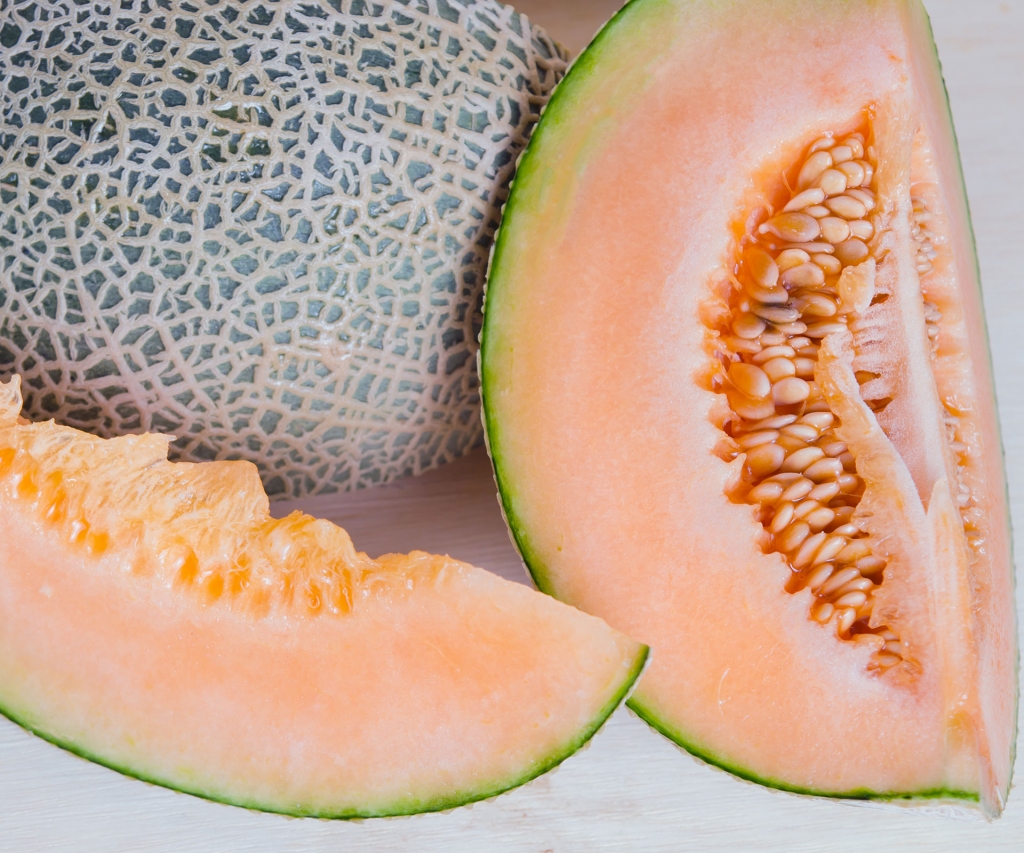-
Tips for becoming a good boxer - November 6, 2020
-
7 expert tips for making your hens night a memorable one - November 6, 2020
-
5 reasons to host your Christmas party on a cruise boat - November 6, 2020
-
What to do when you’re charged with a crime - November 6, 2020
-
Should you get one or multiple dogs? Here’s all you need to know - November 3, 2020
-
A Guide: How to Build Your Very Own Magic Mirror - February 14, 2019
-
Our Top Inspirational Baseball Stars - November 24, 2018
-
Five Tech Tools That Will Help You Turn Your Blog into a Business - November 24, 2018
-
How to Indulge on Vacation without Expanding Your Waist - November 9, 2018
-
5 Strategies for Businesses to Appeal to Today’s Increasingly Mobile-Crazed Customers - November 9, 2018
Rockmelon linked to salmonella spike
Of the 86 cases reported since June, 43 are in NSW and almost half of those who’ve fallen ill are under five, while South Australia has reported 20 cases in people are aged from eight months through to 81, with 65 % aged under five years.
Advertisement
Australians are being urged to avoid eating rockmelon amid fears of a possible salmonella outbreak..
Rockmelons have been linked to salmonella poisonings in the past, including in the USA in the 1950s, 1960s and in 2002.
The Ministry for Primary Industries said it was investigating whether any of the potentially contaminated produce had been imported to New Zealand.
“State and territory food enforcement agencies are investigating cases of Salmonella, possibly associated with rockmelon, following an increase in cases in a number of states in Australia”.
If you feel like you have become sick from eating rockmelon you should see your doctor as well as contact Food Standards Australia to assist them in their investigation.
Northern Territory-based company Red Dirt Melons has agreed to take its products off shelves if its fruit tested positive for the bacteria.
The infection causes gastroenteritis and can be severe and require hospitalisation for dehydration for some people, particularly young babies, the elderly and those with weakened immune systems, Dr McAnulty said.
Symptoms of salmonellosis include fever, headache, diarrhoea, abdominal pain, nausea, vomiting that usually begin within six to 72 hours after eating the contaminated food. Even though the infection lasts four to seven days, it may last longer.
Consumers can check for product recalls on Product Safety Australia’s searchable register.
Advertisement
The melon was last linked to a salmonella outbreak in 2006, with 50 cases linked to the Saintpaul strain.





























